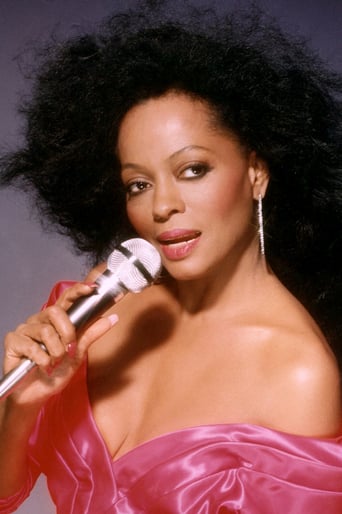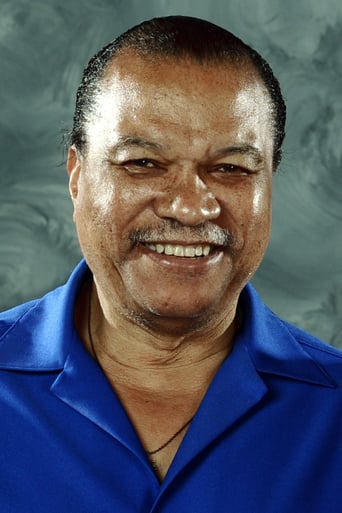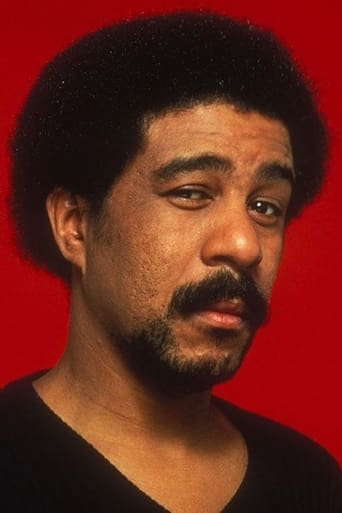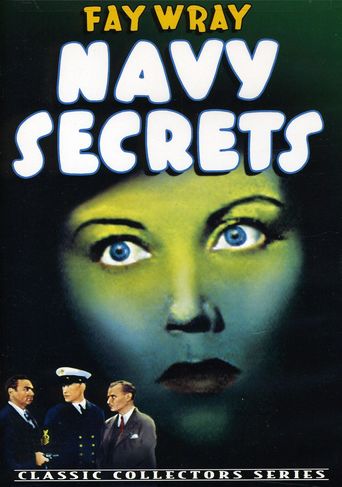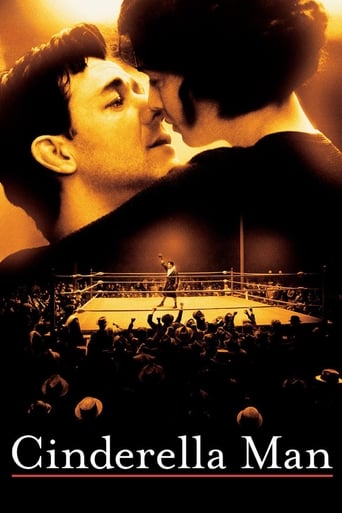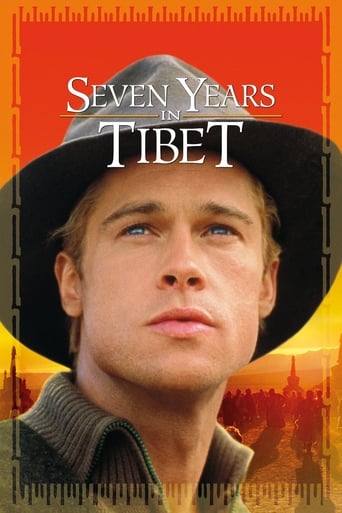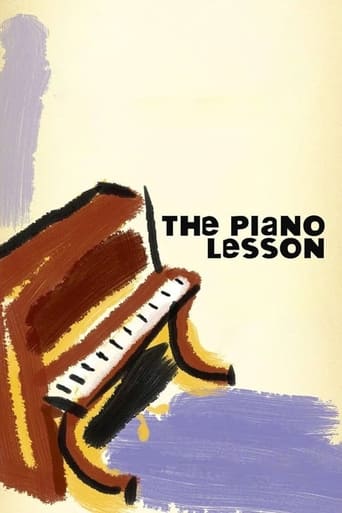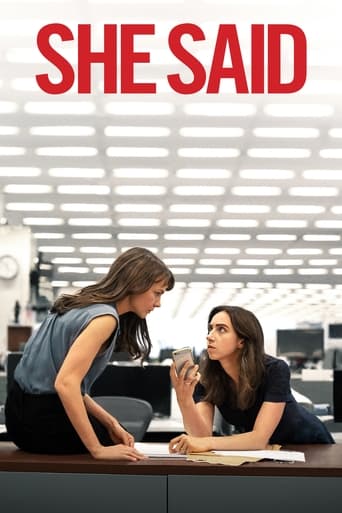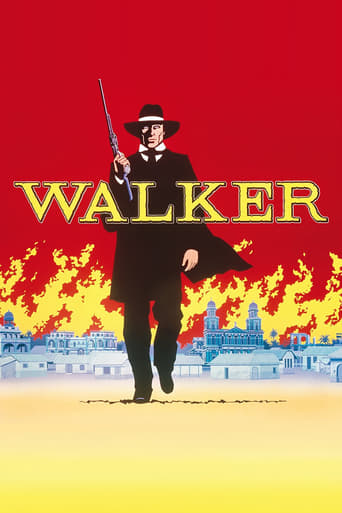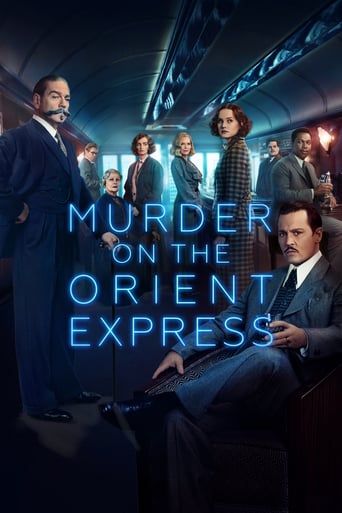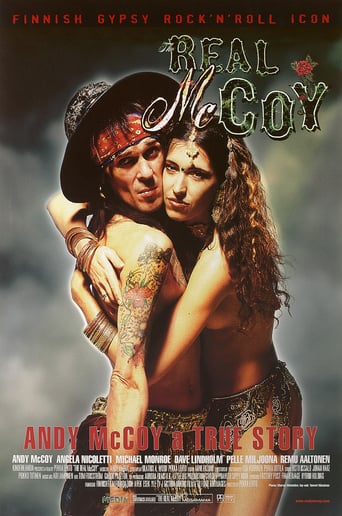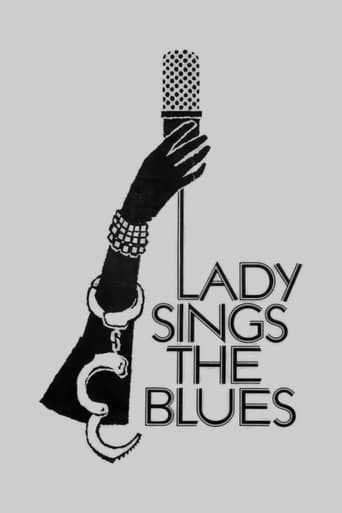
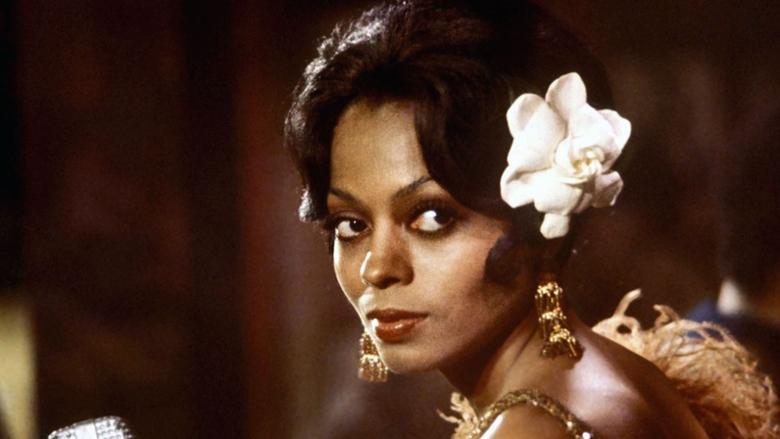
Lady Sings the Blues (1972)
Chronicles the rise and fall of legendary blues singer Billie Holiday. Her late childhood, stint as a prostitute, early tours, marriages and drug addiction are featured.
Watch Trailer
Cast


Similar titles
Reviews
If you've seen one you may have seen them all, but luckily each film in the 'musician-has-aspirations-does-drugs-overcomes-becomes-star' saga has something else to offer, either with the quality of the music itself or, of course, the performances. Ray and Walk the Line (parodied deservedly but with warmth in Walk Hard) are our centuries answer to this, but back in the 70's there was Lady Sings the Blues, which took the life story of Billie Holiday, arguably the greatest of all the jazz singers, and made it into a two and a half hour vehicle for Diana Ross. And why not? Ross is terrific in the role, as she goes from young girl working as a scrubber and/or being raped by drunks to becoming a nightclub singer in New York city for tips (kinda like a showgirl minus the nudity), and then little by little her talent sees her off to singing across the country, and singing then at bigger venues. Oh, and the drugs, too.The movie starts with the kind of 'bang' that is almost a shameless hook with Holiday being booked on narcotics charges, looking a mess, and then being put in a straight-jacket for acting crazy in withdrawal. The movie sometimes has these shameless melodramatic moments with Ross, and yet it's not her I would blame but the script. She gives it her all (contrary to some criticism - look it up - that she wasn't right for the role), and it's really the script that falls into cliché, or falls back on the all-too-convenient romance between her and Billy Dee Williams. All the actors actually are believable, from Williams to the "Piano Man" Richard Pryor to the guys who make up Holiday's band on the road. How much or how little Holiday really was on drugs is almost besides the point. What works in the film is how much Ross sells it and makes us feel for this young woman who is struggles even as she can have it all (the last act with Carnegie Hall highlights this conflict in her character well). What would have made the film great is if they made other relationships tougher or done a little more to make things less clichéd. Whenever the music comes up the story can take a backseat, or, on occasion, be enriched by what Billie is going through; this shows best when she's still in the grip of her heroin addiction and goes up to sing, you can see the pain coming off of her face as she sings every note, and it's one of the best scenes in the film. Perhaps just having the basics of Holiday's life is enough, at least for here. It's got some good attitude to spare, mostly through the performances, and just when the movie feels like its pulling away and doing something wrong or unsatisfying it comes back and does something to with over the audience. And there are some tough, dramatic scenes that have more to do with what's around Holiday, the racism she faces practically every day she went on the road (the KKK being basically a hazard to try and avoid, or hangings by the roadside) or up on stage (i.e. the radio-show scene where she's basically booted and humiliated in front of her family). It's things like this that make the film compelling, not so much the romantic soap opera elements or the parts of the drug addiction that become repetitive.Or, again, like the movie Ray or Walk the Line. If you liked those, you'll like this.
I can remember watching this movie multiple times with my father. As a young black girl I got it!!! I've read opinions that criticize the fact that the movie didn't focus on the music or the other artist of the time. The point is. . .get ready. It was an autobiographical account of Billie's life.I can remember seeing the movie and actually being moved to go to the library to check out a book to find out who this lady really was. I think Diana did a damn good job putting her artistic touch to portraying Billie's life, her struggles, vices, love and yes, her music. The fact is, is that the movie wasn't about Billie's making of jazz as it was about the struggles of a young black woman with a passion for singing moved by segregation and Jim crow and having to constantly adjust and reinvent herself to cope in a society that loved and hated her all at the same time.Heavy. I'm not partial to Diana Ross one way or another. But the lady's got skills. And if the emotion she put into playing this role wasn't enough to tug at your heartstrings, then you ain't human.Some say the film lacked non continuity. Such is life. I get it. We were made to reflect on where she had been in order to know how she got to be who she was. This movie while of course jazz inspired and musical, was a deeper reflection into the cracks and fissures that shaped a life. Billie Holiday.I thank my father for his love of good movies and for sharing movies like, "Lady Sings the Blues" with me.I'm out! Peace.
LADY SINGS THE BLUES was the heavily fictionalized film biography of legendary cabaret chanteuse Billie Holliday, who rose to great stardom as one of the great blues impressionists of our time but, sadly, was never able to complete escape the multiple demons which haunted her for her entire life. Diana Ross made an impressive film debut in the role of Lady Day, which garnered her an Oscar nomination. Though her opening scenes playing Billie as a teenager are silly and unconvincing, Ross delivers a riveting performance for the most part, guided by her Svengali Berry Gordy, who makes a brief cameo appearance as a drug dealer. Billy Dee Williams officially became a star with his charismatic turn as Louis McKay, Billie's true love and Richard Pryor also received an Oscar nomination for his funny and caustic performance as "Piano Man", Billie's best friend and piano player, who was chasing demons of his own. The film is lavishly mounted with Ross draped in some stunning costumes that definitely merited Oscar attention. Ross gets plenty of opportunities to sing and though she really doesn't sound anything like Holliday did, she does capture the spirit of this tragic songbird. It's not a great guide as far as providing facts about Holliday's life. It seems to gloss over Holliday's alleged early days as a prostitute and her drug abuse, but it's a grand example of storytelling on screen with a riveting leading character who will capture your heart.
The recent death of Richard Pryor prompted me to look at the 2005 DVD package of 1972's "Lady Sings the Blues", which proves the then-young comedian to be a fine actor in the meaty supporting role of Piano Man. Even though he was a master stand-up comic, it's still too bad he never pursued roles of a similar dramatic caliber since he obviously had the talent. Similarly, Diana Ross never fulfilled the promise of her big screen debut in the title role as legendary jazz singer Billie Holiday (1915-59).Bearing no physical and little vocal resemblance to Holiday, Ross somehow gets under her true-life character's skin much like Joaquin Phoenix does in "Walk the Line" or Jamie Foxx in "Ray". Thirty-three years have elapsed since I first saw this movie, and it is with a certain amount of regret that I report that Ross as an actress has not been anywhere near this good since then. Granted she only has three features under her belt, 1975's "Mahogany" reflected an ego run amok, and she was disturbingly miscast in 1978's "The Wiz". From the opening scene where she is suffering through heroin withdrawal in raw, harrowing detail to her sultrier nightclub performances, she manages to be incendiary by her sheer will. She is even convincing in the early scenes where she is barely a teenager. Her vocal performances really don't evoke Holiday's earthier style, though to Ross's credit, her vivid renditions of standards such as "Mean to Me", "Fine and Mellow" and "Gimme a Pigfoot (and a Bottle of Beer)" don't sound like Supremes redux either.This achievement is all the more impressive since director Sidney J. Furie, a journeyman filmmaker at best, has surrounded Ross with an unwieldy rags-to-riches biopic that should have been edited down from its 144-minute running time. The screenplay - credited to Chris Clark, Suzanne De Passe and Terence McCloy (none of whom wrote a movie script before or since) based in part on Holiday's autobiography - plays fast and loose with the facts and piles on the clichés in true Oscar-baiting fashion. The drug-related scenes are powerful, though they eventually start to feel like condescending plot devices to make the viewer sympathize with Holiday for the persecution she experienced at the hands of abusive men and a bigoted society. Moreover, as Furie discloses on the accompanying audio commentary, the dialogue for several scenes is improvised by the actors, for example, the unnecessarily lengthy Club Manhattan sequence, where the lack of discipline becomes wearing.Contrary to the fact that Holiday's true life story has been well documented and interest in her legacy increased, the filmmakers altered events and people in order to maintain interest from what they thought were mainstream audiences at the time. Consequently, the character of Louis McKay, Holiday's love interest and eventual husband, played with toothsome charm by Billy Dee Williams, synthesizes a lot of men who came into her life and helped shape her career. The dramatized results leave out key figures of the jazz world like saxophonist Lester Young, trombonist Jimmy Monroe to whom Holiday was married, and record producer John Hammond, as well as Benny Goodman, Count Basie, Artie Shaw and Teddy Wilson--all important colleagues and mentors during the period covered in the film. Instead, we are given Holiday's story as filtered through Ross's own story, an observation confirmed by Ross herself on the accompanying 2005 making-of featurette.When the music is true to the period, it's quite wonderful, but composer Michel Legrand composed some gauzy, anachronistic interludes that sound like symphonic outtakes from his work on "Brian's Song". The costumes also have a Vegas revue feel, no surprise since designer Bob Mackie's flamboyant, early 1970's style is on full display here. For such an overlong movie, the ending feels quite truncated as newspaper clips are used to telegraph her eventual fate as Ross triumphantly sings her signature song, "God Bless the Child", in Carnegie Hall. Credit Motown mogul and Ross's Svengali, Berry Gordy, for having the fortitude, foresight and tenacity to oversee the project, and the DVD hammers that point in not only the overemphatic, only partially insightful commentary by Furie, Gordy and artists' manager Shelly Berger but also the making-of featurette which features Ross looking strangely youthful and Williams at least looking his age. There are several deleted scenes included in the DVD with no additional commentary from Furie, none refurbished and all understandably excised from the final cut.


